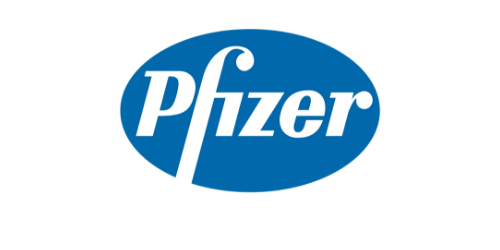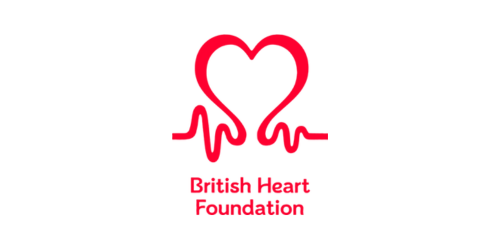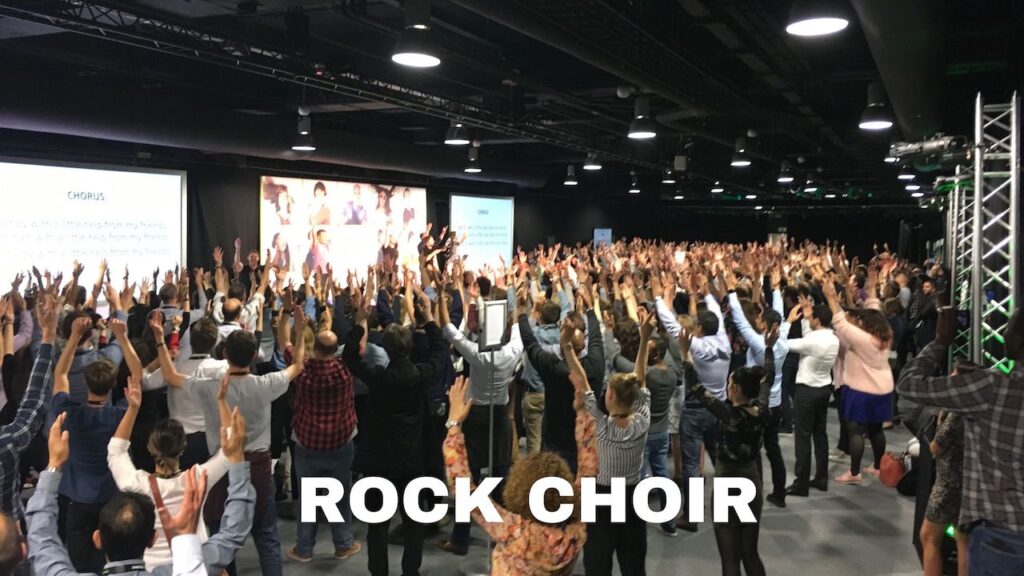Corporate Music
Workplace Benefits
Corporate Music Workplace Benefits
We can run Corporate Music Events events anywhere, get going in seconds and leave the room quickly. They are suitable for any group size and any duration from 20 minutes up to a whole day.
Tell us where to email the details and we’ll instantly send you a PDF event brochure.
Some of the companies that have experienced our corporate events

















We can understand that the use of music in the workplace doesn’t always fit with people’s conventional ideas of how a workplace should be. It certainly seems at odds with some who are of the old fashioned, traditional workplace mind set.
But stress and discontent are very real problems that most bosses have to deal with within their companies and those with a forward thinking, modern approach to these age old issues are reaping the rewards of the corporate workplace music benefits as part of the solution.
If you’re not convinced of the workplace music benefits for your company, here are some real scientific facts that show why it might be worth considering.
- Playing music reduces stress and has been shown to reverse the body’s response to stress at the DNA-level (Dr. Barry Bittman).
- Playing music “significantly” lowered the heart rates and calmed and regulated the blood pressures and respiration rates of patients who had undergone surgery (Bryan Memorial Hospital in Lincoln, Neb., and St. Mary’s Hospital in Mequon, Wis.)
- Blood samples from participants of an hour-long drumming session revealed a reversal of the hormonal stress response and an increase in natural killer cell activity (Bittman, Berk, Felten, Westengard, Simonton, Pappas, Ninehouser, 2001, Alternative Therapies, vol. 7, no. 1).
- Anger Management Music therapy can help people identify the emotions that underlie anger and increase the patient’s awareness of these feelings and situations that can trigger them. If a situation or emotion is presented in a song the healthy options for expressing that feeling can be discussed and conflict resolution and problem solving can be practiced in a positive manner.
- Drumming is also used by music therapists to help patients appropriately vent anger and other emotions. Another use of drumming can be a non-verbal conversation on drums where the ability to listen to the other person’s drumming is needed to “converse” on the drums.
- Playing a musical instrument can reverse stress at the molecular level, according to studies conducted by Loma Linda University School of Medicine and Applied Biosystems (as published in Medical Science Monitor).
- Making music can help reduce job burnout and improve your mood, according to a study exposing 112 long-term care workers to six recreational music-making sessions of group drumming and keyboard accompaniment. (As published in “Advances in Mind-Body Medicine”) Engaging in playing music reduces depression. Recent research with long-term care workers showed reduced depression (21.8 percent) six weeks after the completion of a music-making program consisting of one hour per week (Source: A 2003 study conducted by Trip Umbach Healthcare Consulting, Inc.).
- Playing music increases human growth hormone (HgH) production among active older Americans. The findings revealed that the test group who took group keyboard lessons showed significantly higher levels of HgH than the control group of people who did not make music (University of Miami).
- Recreational Music Making (RMM) has been scientifically proven to help the workplace by:
Reducing employee stress
Reducing employee depression
Reducing employee burnout
Improving employee retention
- Employee stress is expensive for companies and widespread. Research shows that the economic impact in the U.S.A. is estimated at $300 billion each year (Source: New York Times). Experts claim that 60 to 90 percent of doctor visits involve stress-related complaints.
- Engaging in RMM reduces stress. RMM has been shown to reverse the body’s response to stress at the DNA level (Source: Dr. Barry Bittman).
- Depression is widespread in the workforce and is expensive for companies. The economic impact of depression in the workplace is estimated at $34 billion annually—$11 billion for treatment, $11 billion in decreased productivity, and $12 billion in absenteeism. Depression affects about 19 million people, 70 percent of whom are in the workforce. (Figures are according to Braun Consulting News.
- Engaging in RMM reduces depression. Recent research with long-term care workers showed reduced depression (21.8 percent) six weeks after the completion of an RMM program consisting of one hour per week. (Source: A 2003 study conducted by Trip Umbach Healthcare Consulting, Inc.)
- RMM can help companies reduce turnover, saving them millions. The research with long-term care workers showed an 18.3 percent overall reduction of employee turnover by implementing an RMM program. The total annual savings was projected at $1.46 billion.
- Every worker can participate in RMM. There are no physical limitations or requirements.
Get in touch with us HERE to see how we can help your business benefit from music.
“We used The Rock and Roll Experience for a team building event for our office of 40 people. We were quite hesitant about whether people would enjoy this activity, but it completely surpassed all expectations – every single person in our office LOVED it and everyone has been talking about it non-stop since! Josh, Dan and Matt were brilliant and so entertaining, they knew exactly how to make everyone feel comfortable, relaxed and have fun. Definitely recommend The Rock and Roll Experience!.” Louise Porat Spinmaster Toys
We can run African drumming team building events anywhere, get going in seconds and leave the room in seconds. It needs very little equipment and it’s suitable for any group size and any duration from 10 minutes up to an 2 hours.

We Come To Your Office Or Offsite Venue
Don't have a venue? Don't worry, we can help you find the perfect spot.
Fully Facilitated
We use industry expert performers to facilitate every event. Our facilitators have performed on the biggest TV shows and stages.
Delivered Anywhere
Our events can take place anywhere whether it’s your office, hotel, conference room, private bar space, church hall, or anywhere else.
Consistent With Theme
We can tie our sessions in to your event messaging whether it’s collaboration, respect, being bold, being a leader, innovation, etc.
Challenging, Fun and Different
We take people just outside of their comfort zone and then facilitate them to achieve something as a group that they didn’t think was possible.
UK's Leading Provider
We are unique because we specialise in our niche. All of our events use the power of music to create impactful experiences that are scientifically proven to empower your team.
Get Details Fast
Use the form below to tell us where to send our event brochure. That will instantly get sent to your inbox. Give us more details and we’ll get accurate costs across too!

Why Are Team Events Important To Business Success?
Research shows that companies with highly engaged teams outperform their competitors in productivity, profitability, and employee retention. Team building activities boost employee engagement by fostering stronger relationships, enhancing trust, and improving job satisfaction, which directly impacts retention rates and reduces turnover costs.
A study published in Personnel Psychology found that team-building exercises positively impact both individual and team performance by improving collaboration, communication, and problem-solving skills. Teams that engage in structured team-building activities report higher productivity levels and better outcomes, making the investment in these activities yield measurable financial returns.
According to research in the International Journal of Conflict Management, team-building initiatives significantly reduce interpersonal conflicts and encourage more effective collaboration. Teams that experience fewer conflicts and work better together are more efficient, leading to cost savings and higher overall organisational performance.

How Is Music Team Building Scientifically Proven To Help Businesses?
Studies show that group musical activities, such as drumming circles or collaborative songwriting, improve both verbal and non-verbal communication skills. According to research published in the Journal of Applied Social Psychology, engaging in music together fosters better listening, clearer expression, and increased empathy, leading to stronger team cohesion.
Participating in music-based team building exercises enhances creativity and collaborative problem-solving. A study in Psychology of Music found that music activities encourage flexible thinking and help teams generate novel solutions to complex problems by improving cognitive and emotional synergy among team members.
Musical interventions have been shown to reduce stress and anxiety, which in turn can boost morale and productivity. Research in the International Journal of Stress Management found that team members who engaged in musical activities experienced a significant reduction in cortisol levels (a stress hormone), leading to a more relaxed and positive team environment.

See Some Of Our Favourite
Events Below
Request full event details and costs in seconds
Rock and Roll Choir Singing Team Building

Uplifting and high energy team building. Our facilitators surprise every time and even the introverts can't help loving this.
Boomwhacker Percussion Team Building

They look like silly plastic tubes (and they are) but when the group works together they can create classical music.
Drumming Team Building and Energisers

Nothing taps into that raw, primal energy better than drumming team building. Your team will connect in a way they didn't know was possible.
Musical Quiz Virtual Or In-Person

Test your knowledge with this quirky interactive and totally unique quiz. Works brilliantly as a virtual team build or for in-person events.
Make A Music Video Team Building days

Your team can plan, create and star in their own music video. Hilarious, crazy and brilliantly unique team building.
Be In A Rock Band Team Building Days

Learn to play real instruments, rehearse a song and then get up on stage for the big show! Team building never rocked so hard!
Thriller Team Building Experiences

Here your team learn the iconic Michael Jackson dance routine. It's a hilarious team building activity.
Morris Dance Team Building Experience

A hilarious session learning a traditional English folk dance. The most quintessentially English team building session.
Beat Boxing Energiser and Team Building

Very modern and very accessible. Anyone can do this and we show you how to become expert beatboxers. A perfect energiser or team building activity.
Harmonica Conference Energiser

Each delegate gets their own harmonica in a musical team build that sees them master the blues harp! Perfect as a short conference energiser.
Book an amazing Team Building experience in 3 simple steps
- STEP ONE: Send us a message below
- STEP TWO: We will send full details and costs for the most suitable team building options
- STEP THREE: You pick your favourite team building option and we take care of the rest
What we do and why we do it
Our raison d’être is to use the power of music to create team building, conference energiser and live performance experiences that leave every delegate smiling, full of positivity, and feeling a closer connection with their colleagues.
We don’t do cookie cutter team building events. We listen to you to learn what impact you want to have and then we create the perfect session to achieve it.
Tell Us About Your Event
What People Say About Our Events...


